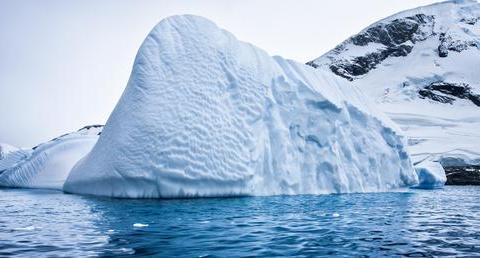Ice Island Twice the Size of Manhattan Breaks From Greenland

What’s the Latest Development?
On Monday, a chuck of ice 46 square miles in area broke off the Petermann Glacier, a floating ice shelf off the west coast of Greenland, according to researchers at the University of Delaware and Canadian Ice Service. “The Greenland ice sheet as a whole is shrinking, melting and reducing in size as the result of globally changing air and ocean temperatures and associated changes in circulation patterns in both the ocean and atmosphere,” said Andreas Muenchow of Delaware University. In 2010, a chuck of ice two times in size, or four times the area of Manhattan, broke from the Petermann Glacier.
What’s the Big Idea?
Since 1987, Arctic air temperatures have increased about 2.5 degrees Celsius, consistent with documentation that air temperatures are rising about twice as fast over the Arctic as they are in other parts of the world. Yet when it comes to sea ice, air temperature is not the crucial factor. Researchers believe currents of warmer water are reaching the Arctic, though ocean temperature records are only five to eight years old, and therefore not reliable enough to establish a pattern. As evidence of the dangerous feedback loops scientists fear as a result of global warming, measurements show ice sheets are becoming darker and less reflective, and therefore absorbing more heat, as global temperatures climb.
Photo credit: Shutterstock.com




